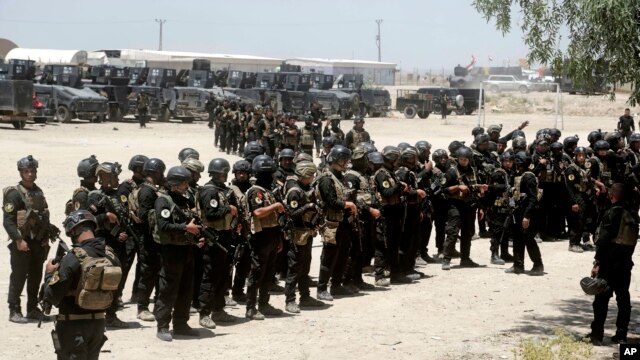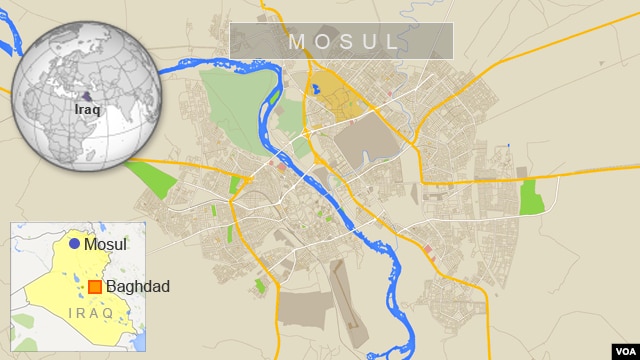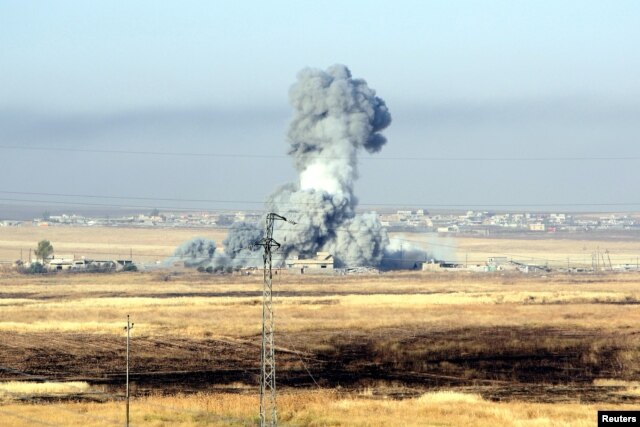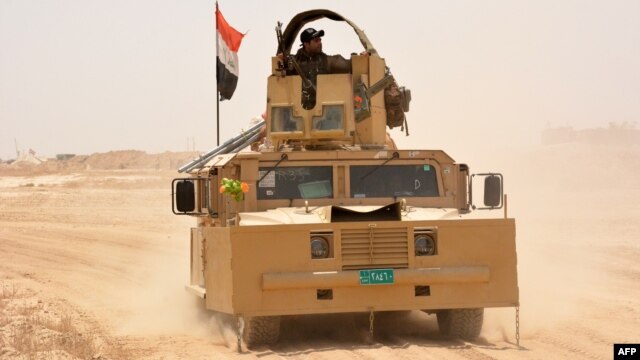What psychopaths these people are!!!
IS opens outdoor cinema for Mosul residents to show brutal crimes
Sep 24, 2014 at 09:15am IST
Mosul (Iraq): The Islamic State (IS) Sunni radical group has opened an outdoor "cinema" to show videos of their brutal crimes and terrorise residents of the northern Iraqi city of Mosul, which they have controlled since June.
The macabre spectacle began last week amid the groves and thickets along the banks of the Tigris river, the only place that people have to relax and ease the tensions caused by the IS occupation of Iraq's second-largest city.
A large number of young people, children and families gathered at the site waiting to see the programme that the extremists would deliver on big screen monitors that had been installed for the purpose.

Viewers were horrified to see scenes of various bloody slayings by IS executioners, including beheadings and murders of hostages and prisoners of war.
After the curtains were drawn back, hymns were sung encouraging people to join the Sunni jihad movement and, in particular, IS, which has occupied large swaths of Syrian and Iraqi territory.
Continue reading at:
http://ibnlive.in.com/news/is-opens-outdoor-cinema-for-mosul-residents-to-show-b
IS opens outdoor cinema for Mosul residents to show brutal crimes
Sep 24, 2014 at 09:15am IST
Mosul (Iraq): The Islamic State (IS) Sunni radical group has opened an outdoor "cinema" to show videos of their brutal crimes and terrorise residents of the northern Iraqi city of Mosul, which they have controlled since June.
The macabre spectacle began last week amid the groves and thickets along the banks of the Tigris river, the only place that people have to relax and ease the tensions caused by the IS occupation of Iraq's second-largest city.
A large number of young people, children and families gathered at the site waiting to see the programme that the extremists would deliver on big screen monitors that had been installed for the purpose.

Viewers were horrified to see scenes of various bloody slayings by IS executioners, including beheadings and murders of hostages and prisoners of war.
After the curtains were drawn back, hymns were sung encouraging people to join the Sunni jihad movement and, in particular, IS, which has occupied large swaths of Syrian and Iraqi territory.
Continue reading at:
http://ibnlive.in.com/news/is-opens-outdoor-cinema-for-mosul-residents-to-show-b






